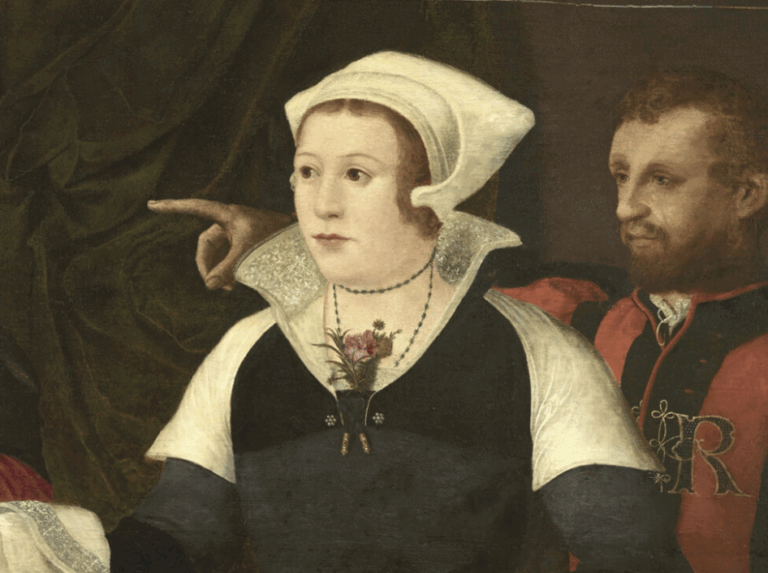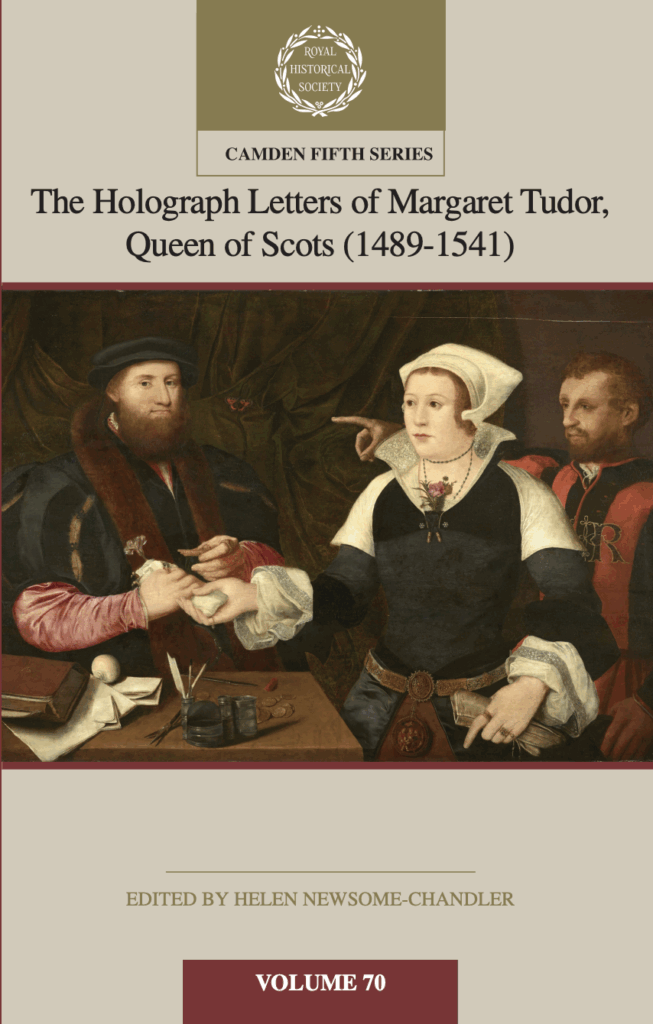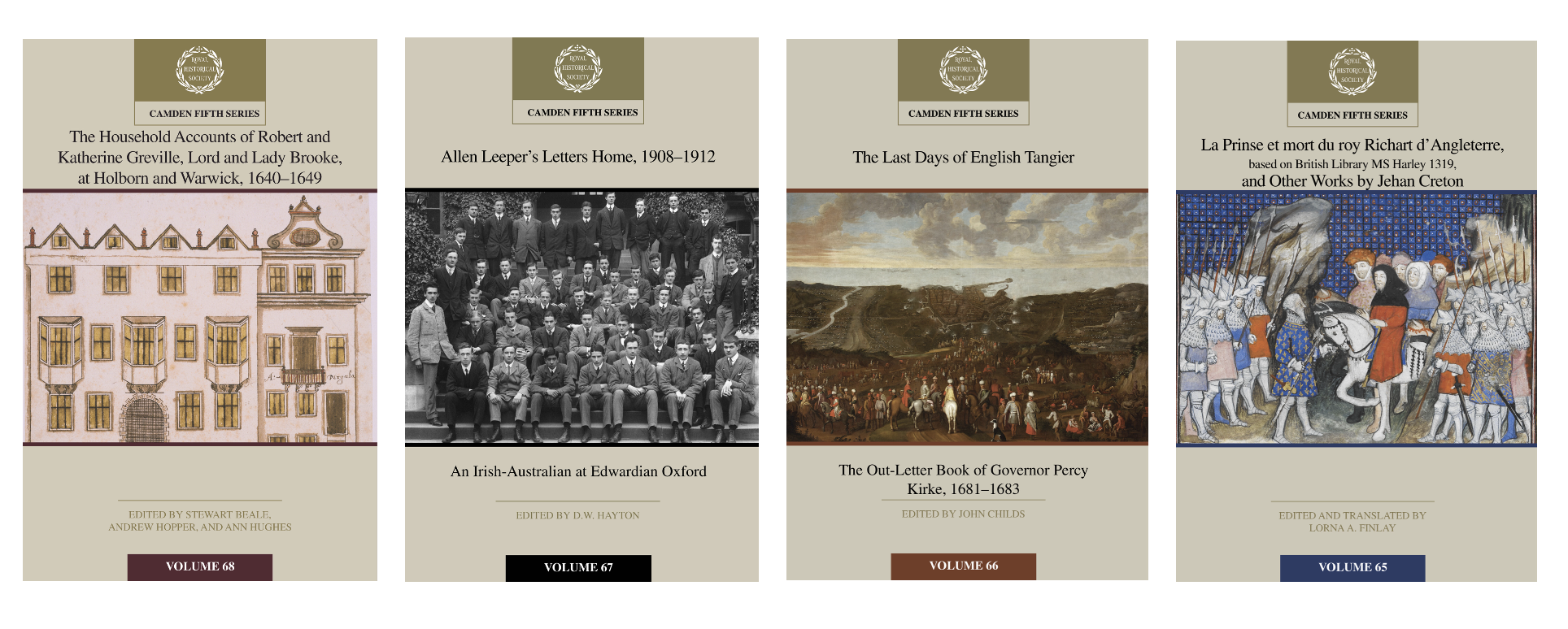The Society resumes its 2025 events programme on Friday 12 September with a lecture by Professor Yasmin Khan on ‘Mars and Britannia: the Imperial Way of Warfare’. Yasmin’s lecture takes place at Mary Ward House, London at 6.30pm and is also available to watch online.
British military power around the world was dependent on non-European people for two hundred years. Yasmin’s lecture will demonstrate just how extensively British military history has relied on non-British people over continents and centuries.

Yasmin is Professor of Modern History in the Department of Continuing Education, University of Oxford. Her publications include The Raj at War: a People’s History of India’s Second World War (2015) and The Great Partition: the Making of India and Pakistan (2007) which was awarded the Royal Historical Society’s Gladstone Book Prize. Booking for in-person and online attendance at this lecture is now available.

This is followed, on Wednesday 17 September, with an RHS sponsored lecture at the University of Aberdeen, by Professor Matthew J. Smith (Director of the Centre for the Legacies of British Slave Ownership at University College London). Matthew’s subject is ‘Twice Removed: Slavery, Big Data, and the Cultures of Caribbean Ancestral Histories’, a study of the impact of digital humanities on the histories of the Caribbean and enslavement, and the growing prominence and importance of Black family history as one outcome of the growing prominence of digitised resources.
Booking for Matthew’s lecture, which takes place at the University of Aberdeen, is now open and we hope to welcome as many RHS Fellows and Members in the region to attend and join us for a reception. The lecture is part of the Society’s visit to historians at the University of Aberdeen on 17-18 September.

Our third autumn lecture also accompanies an RHS Visit, this time to the University of Ipswich at Suffolk. Our guest lecturer on this occasion (Wednesday 22 October) is Professor Tim Grady (University of Chester) who will speak on ‘Unravelling the Tapestry of Death: Britain and the Memory of the Two World Wars’.
This lecture — which takes place at The Hold, home to Suffolk Archives — considers the practice of war burial which saw British soldiers buried alongside Americans, French and Belgians who in turn mingled with the graves of enemy servicemen: Germans, Austrians and Italians. Booking to attend is now open to all and, again, we look forward to welcoming RHS Fellows and Members from the region to the lecture and reception which follows. Visits will be attended by the Society’s President, Professor Lucy Noakes, and members of the RHS Council.
Details of events later in the year, including the 2025 RHS / Gresham Lecture in the Public Understanding of History, given this year by Daniel Finkeslstein (6pm Tuesday 4 November), are available from the Society’s events pages.
HEADER IMAGE: iStock, credit: TheMountBirdStudio













